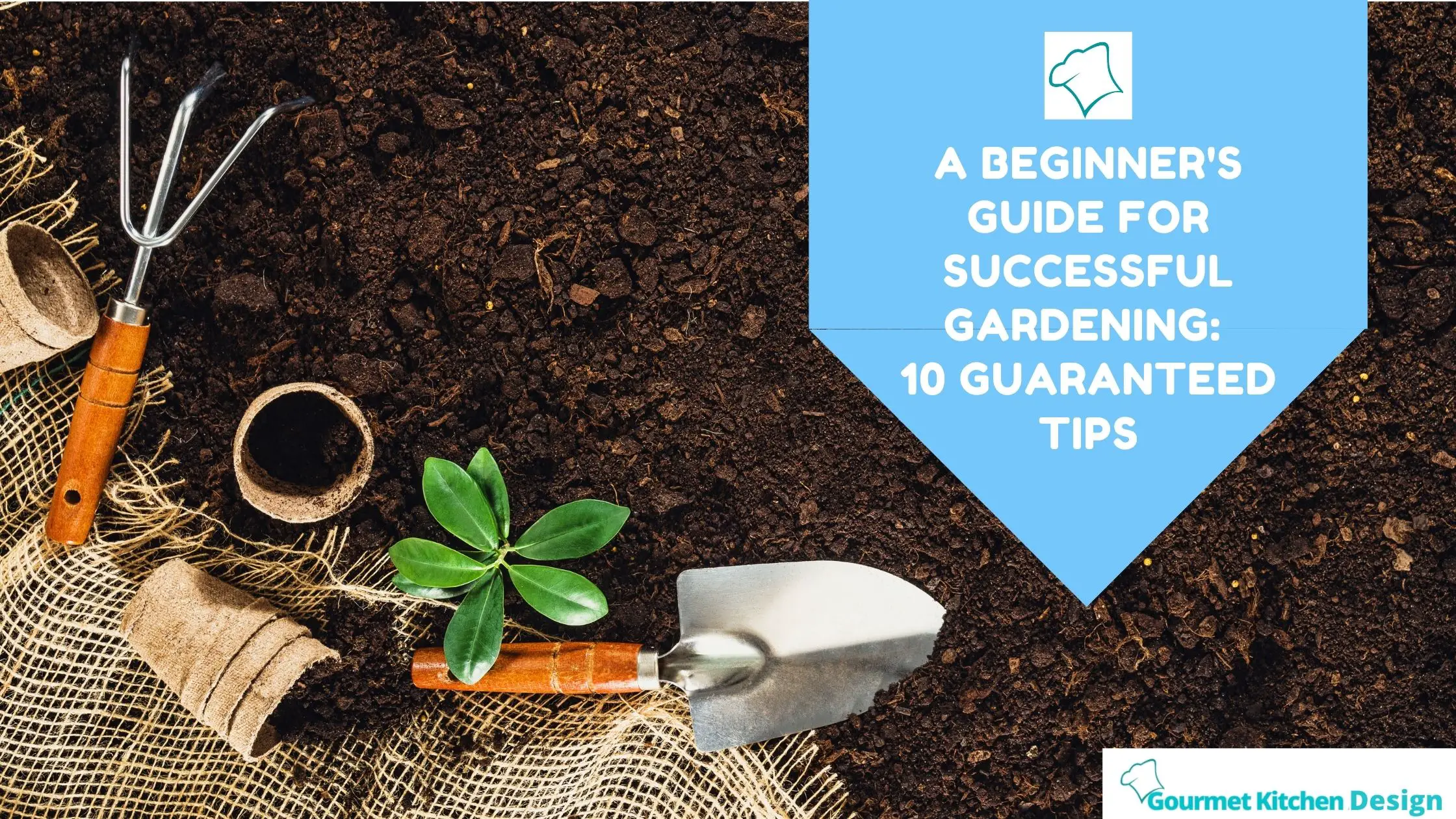What could be more satisfying than successful gardening? You can eat the food you grow yourself! Imagine eating on the terrace in the evening, surrounded by your natural herbs, veggies, and flora.
Gardening is both fun and rewarding. If you’re planning to have an outdoor kitchen, why not also consider putting up a garden?
It is pretty simple and fun to do whether you have a green thumb or not. So, read these gardening tips before you get your hands soiled!
Tip # 1: Pick the best spot
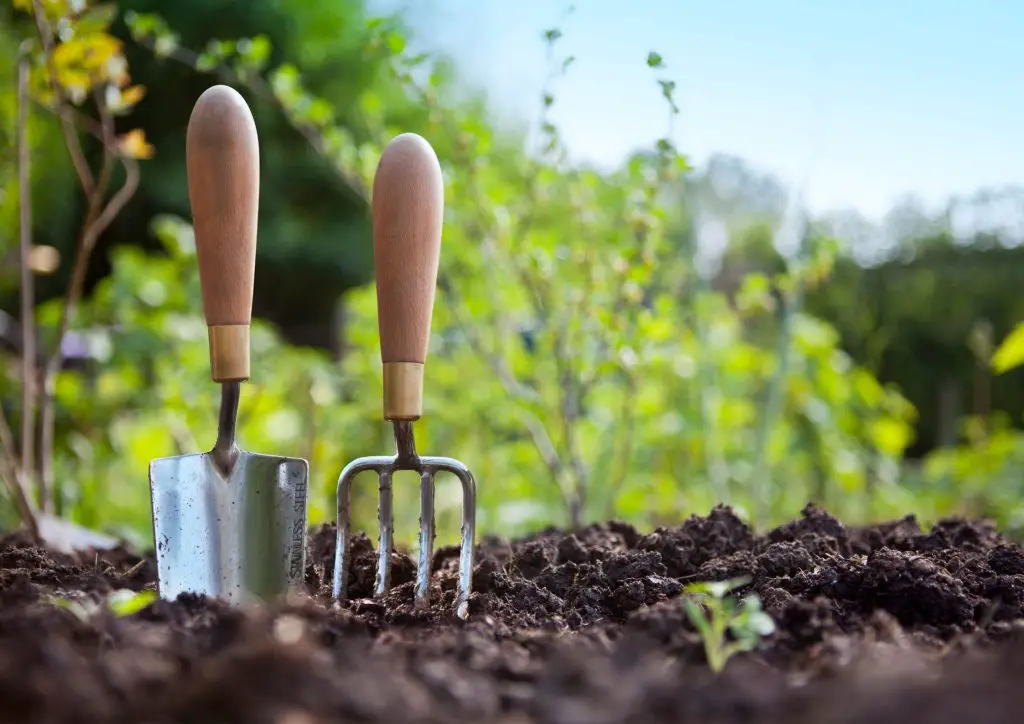
It’s all about location when it comes to starting a garden, just like real estate.
Consider if your garden will face south or north? Knowing where the sun shines on the ground will help you decide on the right spot. Ensure the chosen area gets at least 5-6 hours of direct sunlight.
Avoid choosing areas with strong winds. It can destroy your tender young plants. Pollinators will also be unable to do their job due to strong wind.
Tip # 2: Get to know your soil
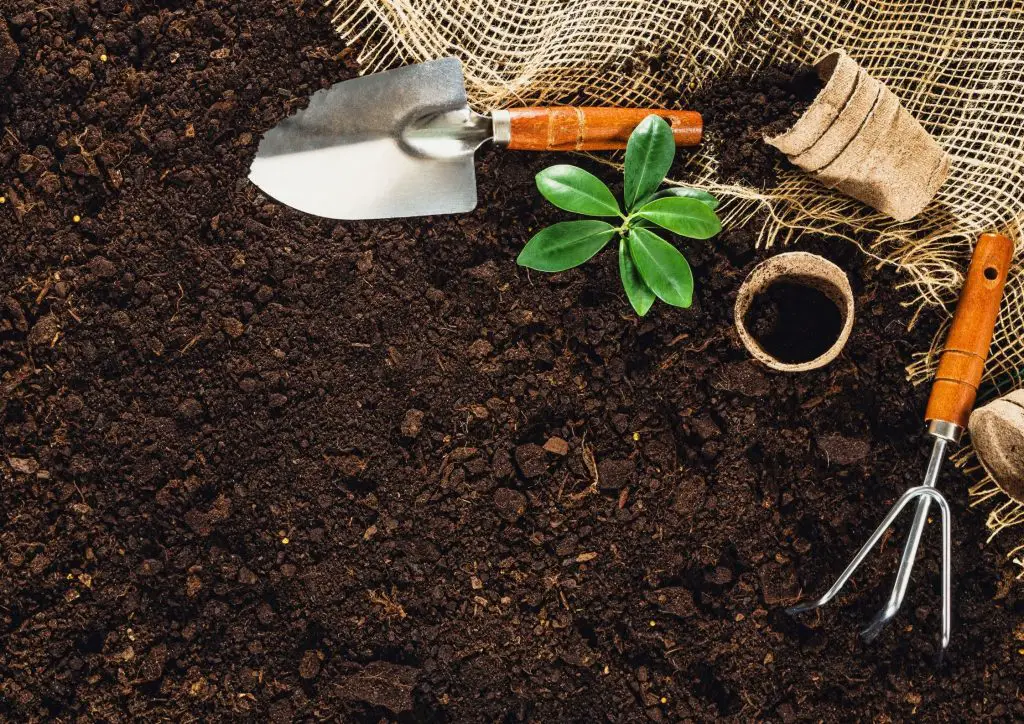
When starting a garden in your yard, you must first know your existing soil conditions.
Most plants prefer well-drained and moderately fertile soil. The soil structure should also be porous enough to allow water to enter and drain quickly.
In most gardens, buying a topsoil mix is the best way to ensure that your plants get the best start possible.
Tip # 3: Start small
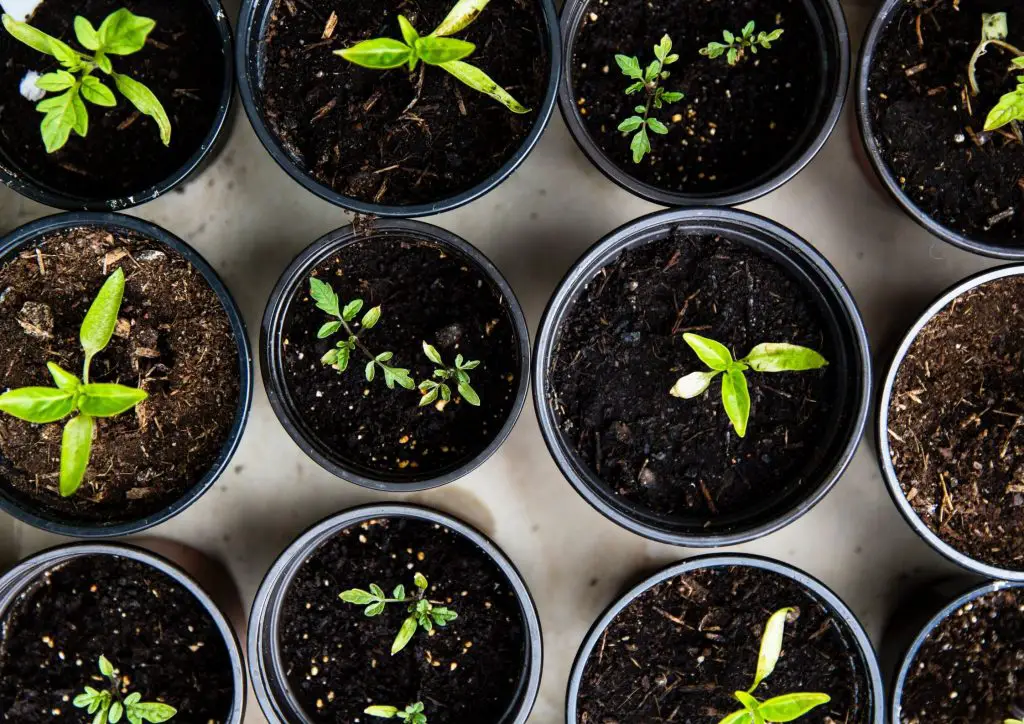
If you’re a beginner in gardening, a go big or go home mindset will not work. You can go big when it comes to your gourmet kitchen design. But not in gardening. At least not at first.
Each plant needs special care and a basic understanding of its needs. However, a large garden can be overwhelming. Start small, learn as you go, then expand when you’re ready.
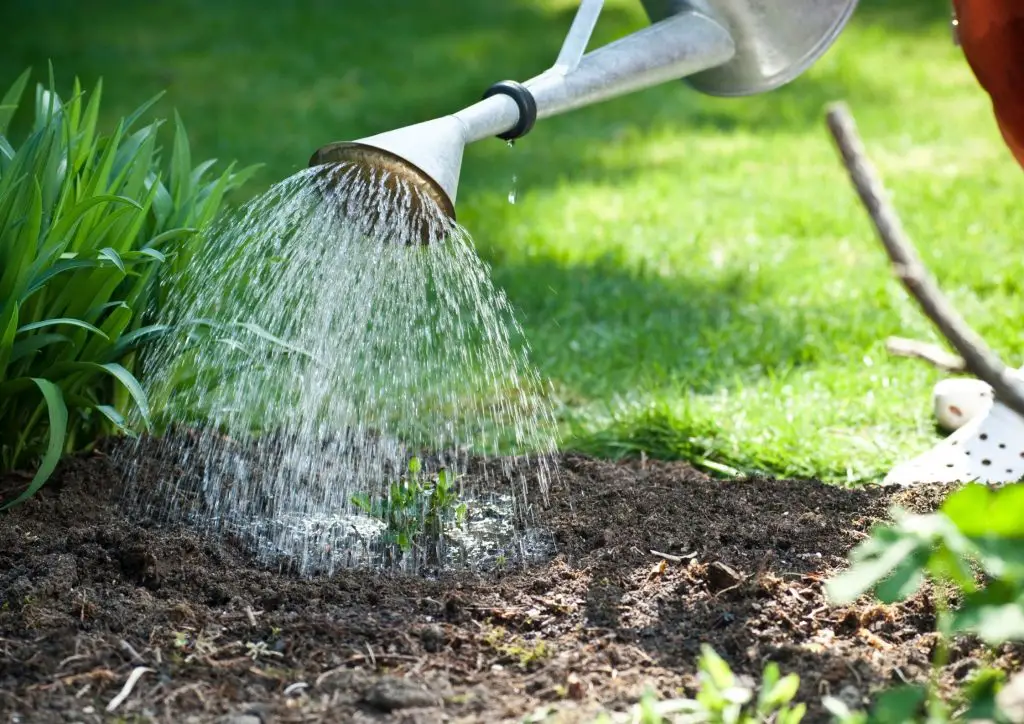
Tip # 4: Stay close to the water
Planning your new garden near a water supply is one of the best gardening tips you’ll ever learn. Nothing exhausts a new gardener more than carrying water to thirsty plants during a heatwave.
Consider buying a hose with a sprayer attachment or, better yet, a drip irrigation system.
Tip # 5: Pick plants that are easy to care
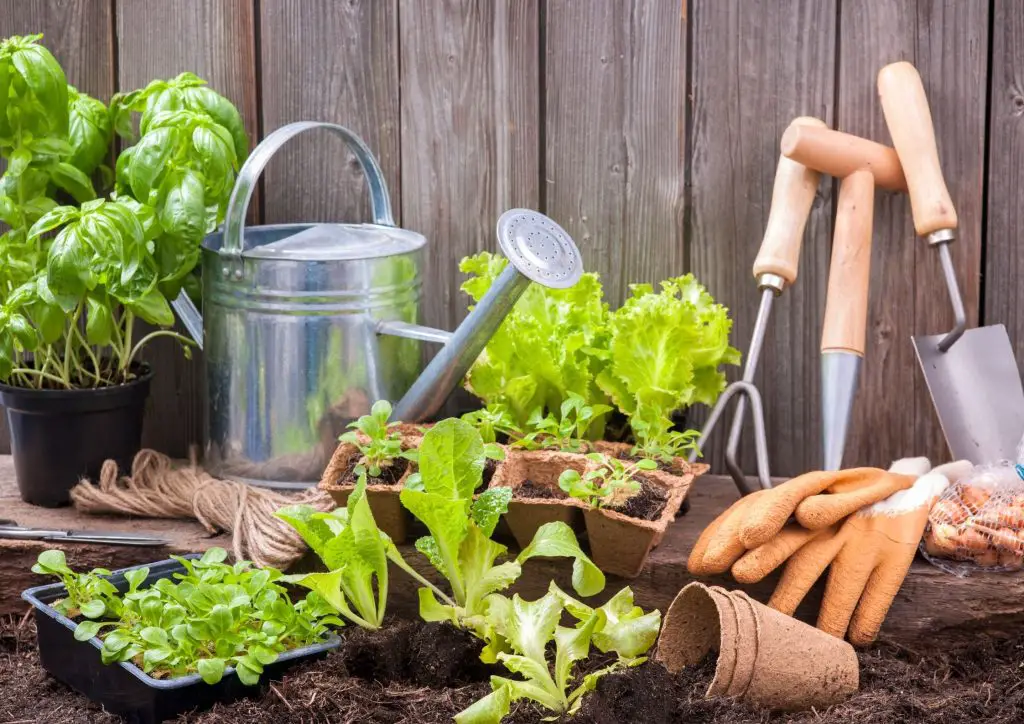
Pick plants that are easy to care for are something that a beginner gardener may not give importance to. It can have a great effect on the success of a garden.
Make sure to research which crops are zone compatible with your growing area. Knowing your hardiness zone can help in selecting the right plants. Find out your hardiness zone here.
Tip # 6: Feed and water your plants correctly
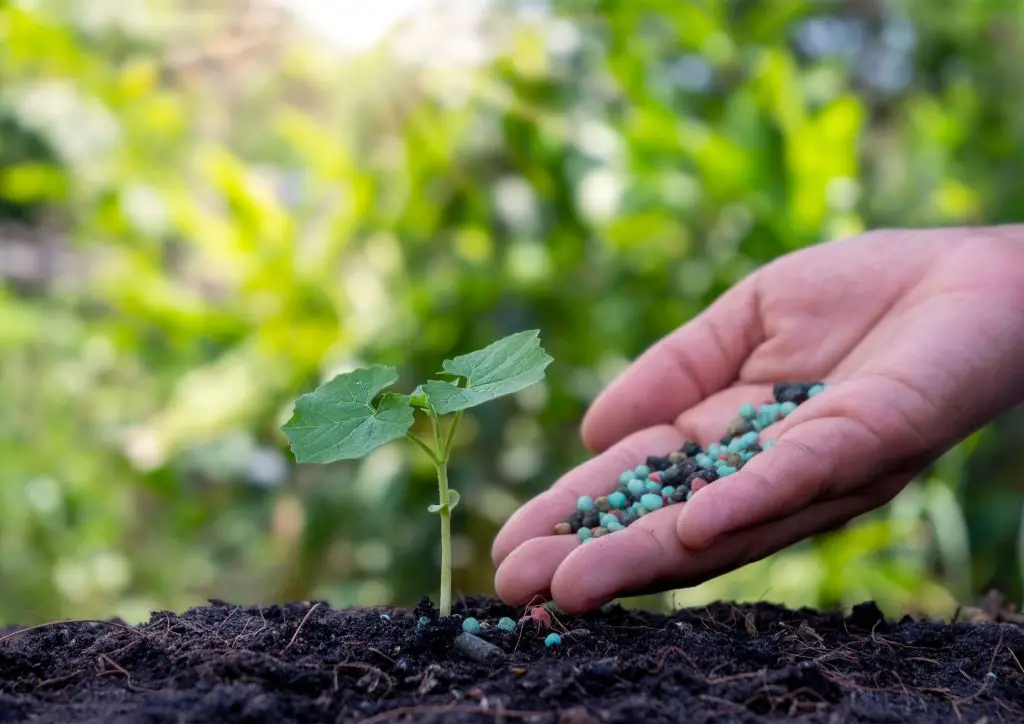
Nothing is more important than correctly feeding and watering your plants regularly.
Water the root ball rather than the leaves, as the roots absorb the water. Feeding is essential during the growing season. Usually, you should feed every two weeks.
But growing in containers will need additional feeding.
Tip # 7: Mapping out your garden
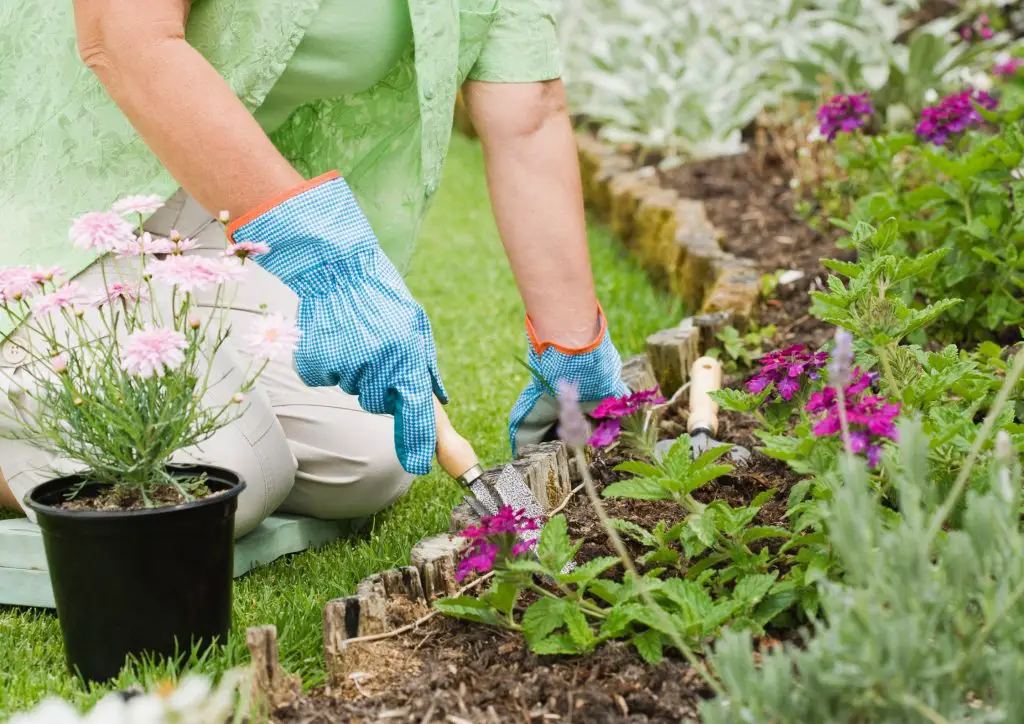
You must map out where each plant will go. Pay close attention to spacing.
When plants are too close together, they have to fight for nutrients, water, and space. It can lead to slow growth.
Before you start digging, spend some time planning it out. It will help you to double-check that you are properly optimizing your space.

Tip # 8: Use a garden bed or containers
When space is limited, consider using containers. You can grow vegetables, herbs, flowers, fruit trees, berries, and shrubs in containers.
Consider creating raised beds that you can fill with rich soil if you have extremely rocky soil or thick clay.
Tip # 9: Mulch will be your best friend
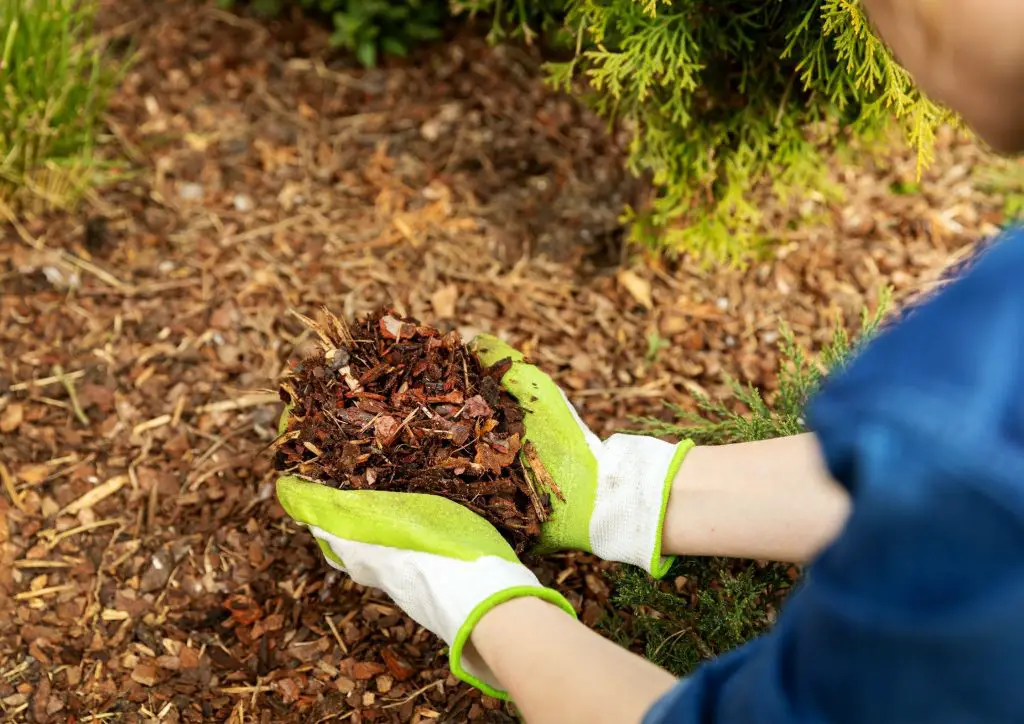
You may want to consider mulch for your plants, depending on your growing plants.
Why? Mulch provides nutrients to the soil while also protecting it from erosion.
It is any material spread or placed as a covering over the soil’s surface. It keeps the soil moist and cool and keeps weeds at bay. Organic mulches help in soil fertility improvement as they decompose.
Tip # 10: Invest in gardening tools
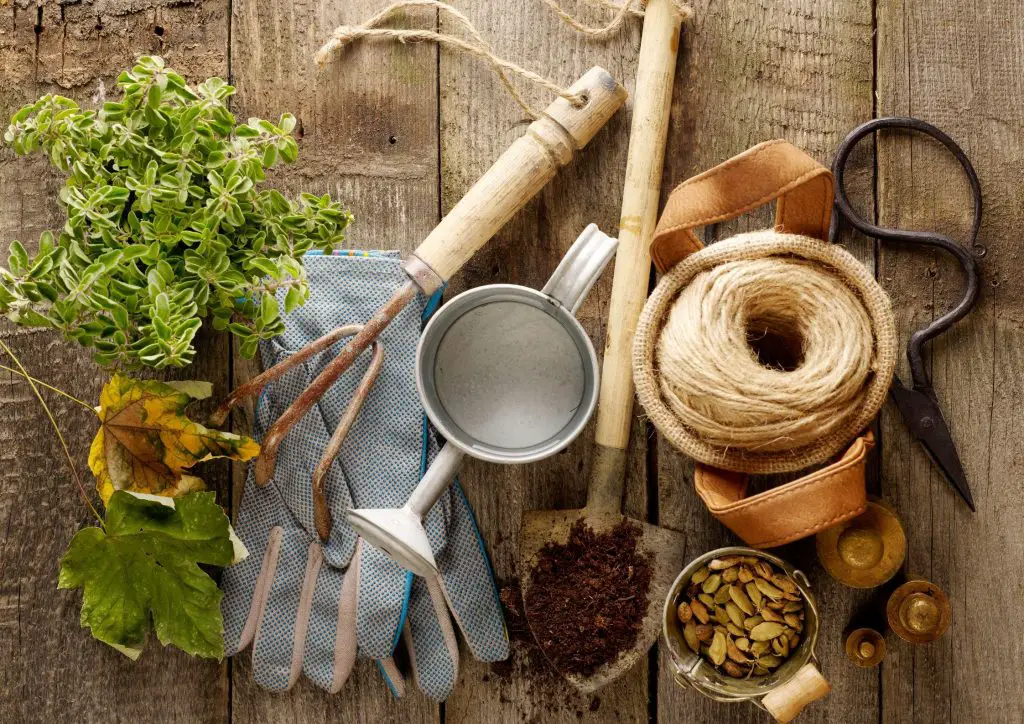
You can quickly get yourself into a serious mess if you don’t have the right tools or any tools at all in gardening.
Here are some of the essential gardening tools.
- The must-haves: Pruning scissors are a tool that every gardener should have. You’ll use these to trim plants and bushes and preserve their health by removing dead sections.
- Digging tools: To begin planting your greens, you’ll need a few digging and soil prep tools. A spade, trowel, and garden fork are necessary. You can use the spade and trowel to dig plant holes. And the garden fork to will break up huge clumps of dirt or remove the roots of old plants and weeds.
- Watering tools: A garden hose and a sprinkler are the best tools for watering your garden freely.
- Weeding tools: A forked trowel and a gardening knife are needed to fight the weed problem and remove these unwelcome plants.
People Also Ask
How often should I water My Garden?
Even with the rain, it’s best to water plants about three times a week. Water the seedlings twice a day until they become formed.
How often should I give my plants fertilizer?
A quick-release fertilizer can be used by vegetable gardeners about once per month, or a slow-release fertilizer can be used about once per season. Some gardeners favor feeding their flowers and plants a liquid-soluble plant food every 1-2 weeks.
What is the best month to Start a garden?
Most places can start their gardens well in late March or early April. Most crops can be grown at this time, and the last date for snowfall has passed. The soil temperature and weather are also good for starting a garden at this time.
Conclusion
It takes a lot of trial and error to become a successful gardener. Like, as finding the ideal food to fit into your keto diet.
Gardening is a craft that needs more than just putting seeds in the ground. However, if you follow these tips, gardening will be a breeze for you!
So start planning your garden this spring and go into planting season with confidence.
What kind of plants do you want to grow in your garden? Let me know in the comments!

